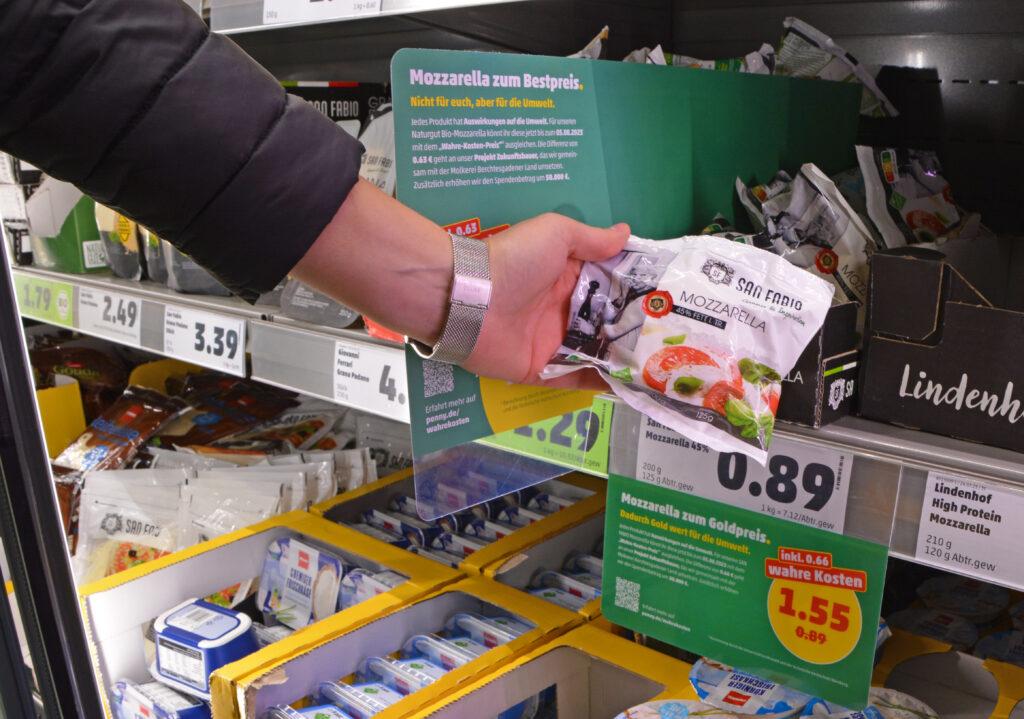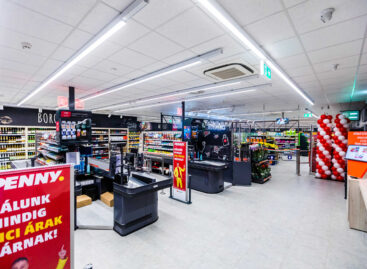Penny’s “True Cost” campaign: A Surprising Impact on Consumer Behavior
In a bold move, Penny implemented a “True Cost” campaign for a week, incorporating the cost of environmental damages into product prices. Contrary to expectations, a study conducted by the Nuremberg Institute of Technology and the University of Greifswald revealed that the sales figures did not drop as significantly as anticipated during this unique pricing experiment.

The study involved 2,255 individuals who were surveyed before and after the campaign week to understand their purchasing behavior. Late July 2023, Penny applied the “true” prices to nine selected products, reflecting the actual costs thereof when considering all environmental damages incurred during production. This led to price increases of up to 94 percent, with bio-products receiving lower surcharges.
Surprisingly, the study found that the sales did not plummet as much as feared, what the authors attributed to effective communication and associated with a tendency to charity. Approximately 84 percent of customers who purchased the products despite the price hike cited charity as a significant motivation.
The extra revenue generated during the campaign was donated to a climate protection and family-owned farms preservation project in the Alpine region, an initiative by the Rewe Group.
Nationwide product sales declined, however, with price sensitivity being a key factor, as 85 percent of respondents deemed the prices too high. In the new federal states, the decline was particularly pronounced, reaching up to 70 percent. Conversely, sales in the western and southern regions of Germany decreased to a comparatively smaller extent, often not exceeding 50 percent. Researchers suggest regional disparities may arise from differing income levels and varying degrees of interest in sustainability.
According to the study, 64 percent of respondents were aware of Penny’s True Cost campaign, with half of them claiming that it raised awareness about the actual costs of food production. However, 46 percent perceived the campaign as mere marketing without tangible positive effects.
Post-campaign, estimates of true costs increased for both initially overestimated and underestimated products, indicating that participants realized the actual costs were higher than initially assumed.
Related news
Fries have become cheaper at PENNY
🎧 Hallgasd a cikket: Lejátszás Szünet Folytatás Leállítás Nyelv: Auto…
Read more >Related news
KSH: in the fourth quarter of last year, investment performance was 1.3 percent lower than a year earlier
🎧 Hallgasd a cikket: Lejátszás Szünet Folytatás Leállítás Nyelv: Auto…
Read more >







